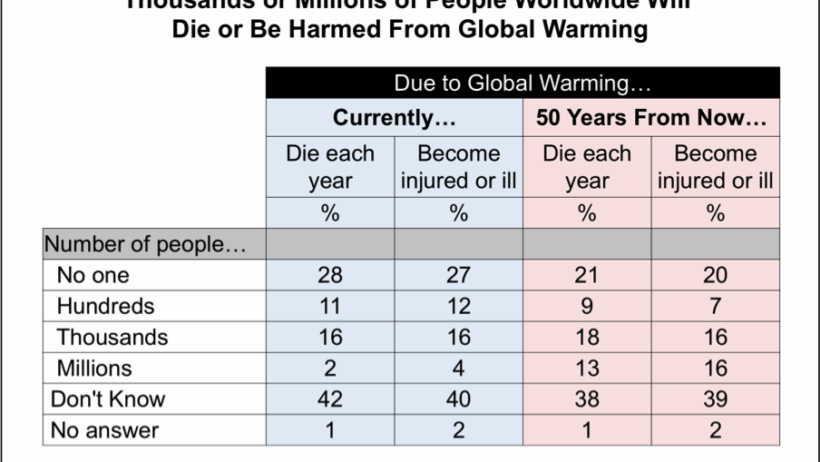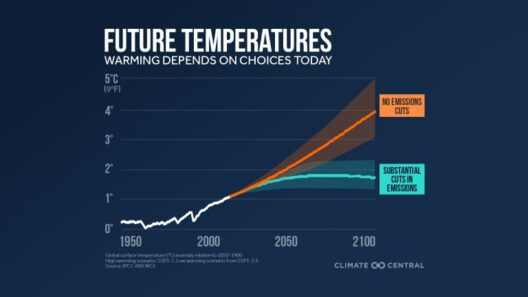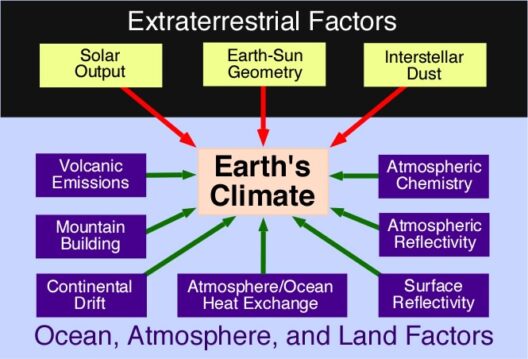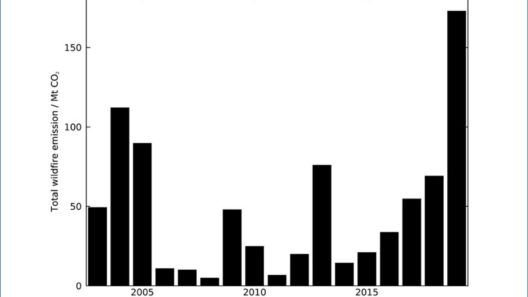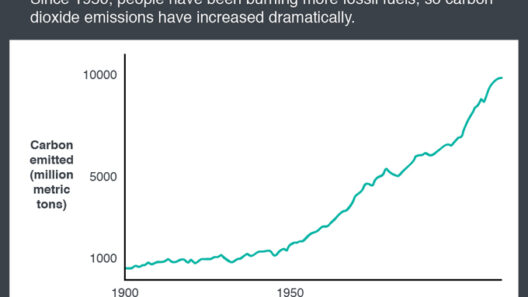As the planet warms, the myriad effects of climate change extend far beyond rising sea levels and melting glaciers. One crucial aspect that often remains overshadowed is the intricate web connecting global warming to human health and our travel behaviors. This intricate interplay can be likened to a finely woven tapestry, where each thread represents an essential facet of our ecosystem and health, subtly altering the larger picture as the climate shifts.
To understand the implications of global warming on human health, one must first recognize the underlying phenomena at play. Rising temperatures catalyze a variety of health challenges, manifesting as heat-related disorders, the proliferation of vector-borne diseases, and diminished air quality. The eerie specter of extreme weather events, fueled by climate change, subjects populations to psychological distress while also exacerbating pre-existing health issues.
Heatwaves have become increasingly frequent and intense, akin to nature’s iron fist bearing down upon communities. The impact is particularly pronounced among vulnerable groups, including the elderly and those with pre-existing health conditions. Prolonged exposure to excessive heat can lead to heat exhaustion and heat stroke, conditions that can escalate rapidly into life-threatening situations. The human body, while resilient, has its limits, and the rising tide of temperature presents a formidable adversary in the fight for life.
Additionally, the spread of vector-borne diseases such as malaria, dengue fever, and Zika virus is expanding in tandem with global warming. Warmer climates are becoming increasingly hospitable to mosquitoes and other vectors. This unsettling trend poses significant public health dilemmas, particularly in regions that were previously insulated from these threats. As these diseases creep across geographic boundaries, the corridors of our world become fraught with peril, endangering communities through an intricate dance of contagion that knows no borders.
Moreover, air quality significantly deteriorates as temperatures rise, creating an ominous haze that settles over urban landscapes. This degradation is primarily due to increased levels of ground-level ozone, a harmful byproduct of emissions from vehicles, industrial processes, and wildfires. The connection between climate change and respiratory ailments becomes glaringly evident. Individuals with asthma and other respiratory conditions find their quality of life compromised as they navigate this toxic environment. Just like a relentless storm, the consequences of air pollution surge forth, clouding visions of good health for millions, especially in densely populated areas.
Furthermore, the toll of climate change on mental health cannot be underestimated. The psychological impact of experiencing natural disasters—whether it’s hurricane devastation, wildfire destruction, or extreme flooding—can lead to anxiety, depression, and post-traumatic stress disorder (PTSD). The emotional scars left by these catastrophes run deep, often affecting community cohesion and resilience. The metaphorical landscape of mental health is littered with the remnants of climate-induced tragedies, transforming the journey toward recovery into a treacherous path.
As we ponder the consequences of climate change on human health, we must also consider its implications for travel. In recent years, the travel sector has seen a significant shift as travelers increasingly seek out destinations that align with eco-friendly values. However, the pragmatics of climate change inevitably alter travel behaviors and preferences. The allure of pristine beaches and lush mountains fades when the specter of rising sea levels and forest fires looms large.
Air travel, a significant contributor to greenhouse gas emissions, has come under scrutiny. Travelers are becoming more conscious of their carbon footprints, prompting a movement towards sustainable travel options. Eco-tourism, once viewed as a niche market, now emerges as a mainstream preference for those seeking to explore the world responsibly. This shift represents more than merely changing itineraries; it signifies a burgeoning consciousness about our planet’s finite resources and the health of its inhabitants.
Efforts to adapt to climate change are also reshaping travel infrastructure. Regions vulnerable to climate impacts are investing in resilient transport networks, ensuring that communities remain connected even as the climate fluctuates. Renewable energy sources and electric vehicles are being integrated into travel systems, reducing the carbon footprint associated with transportation. Such innovative strategies illustrate a determined pursuit of synergy between travel, health, and environmental preservation.
As systemic issues converge, finding a balancing act between the allure of travel and the realities of climate change becomes imperative. Exploring new destinations should never come at the expense of our health and the planet’s integrity. Travelers are increasingly keen on participating in local conservation efforts, a testament to the belief that their journeys can yield sustainable benefits. Through this unique interplay, travel transforms into a shared experience, one that intertwines well-being and responsibility, creating lasting memories forged in a spirit of stewardship.
In conclusion, the intersection of global warming with health and travel presents a critical paradigm worth exploring. As we navigate this evolving landscape, it becomes essential to embrace an awareness of how our actions impact both our health and the environment. A proactive approach to climate change can lead to healthier populations and invigorated travel practices that value our planet. The threads of human health, climate change, and travel are increasingly interwoven, creating a tapestry that offers both challenges and opportunities—a delicate balance that reflects our unwavering resolve to coexist harmoniously with our Earth.


